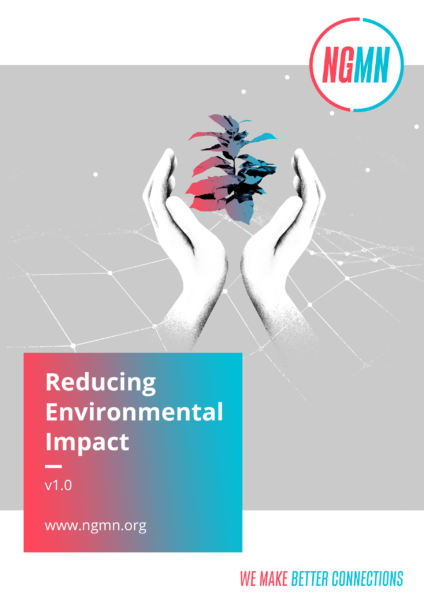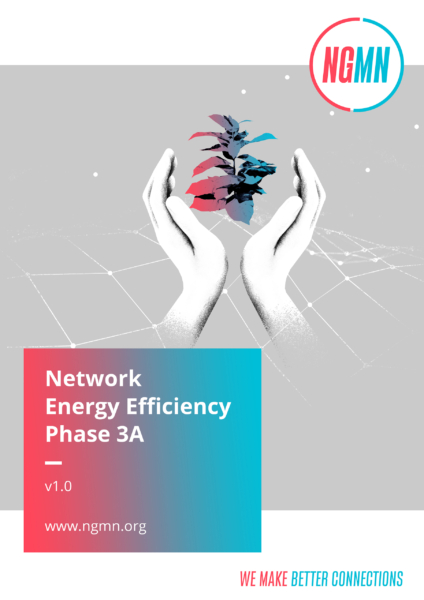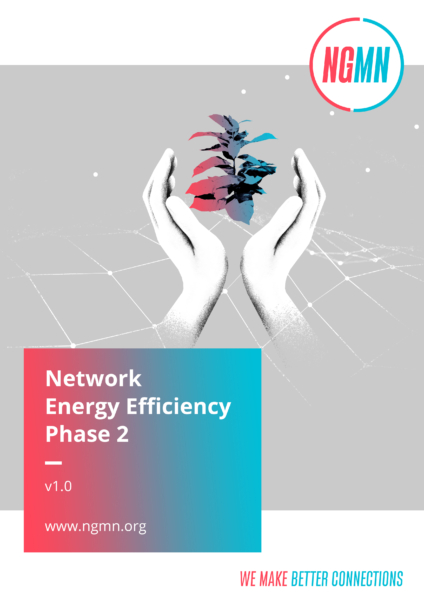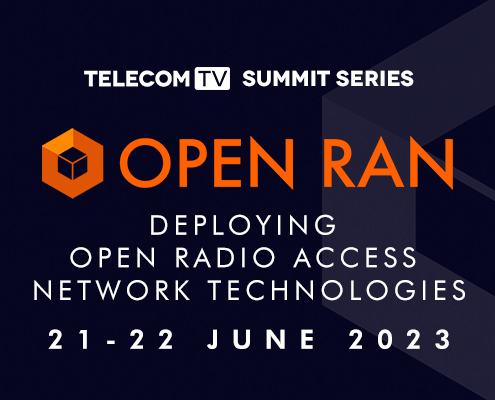Reducing Environmental Impact
This NGMN publication highlights how operators can assess the lifecycle environmental impact of their network infrastructure in terms of emissions, energy, and water footprint.
The report identifies the use of Lifecycle Assessment in relation to energy and emissions and demonstrates how to calculate Water Footprint. Based on these tools, strategies are outlined for how to manage and reduce the environmental impact by, for example, selecting and using materials in the design of network infrastructure that have lower emissions and energy requirements and by for example switching to data centre cooling methods that use less water.
The publication was developed with input from across the industry – with NGMN Partners representing operators, vendors, and research institutes.



